SUMMARY
This is AI generated summarization, which may have errors. For context, always refer to the full article.
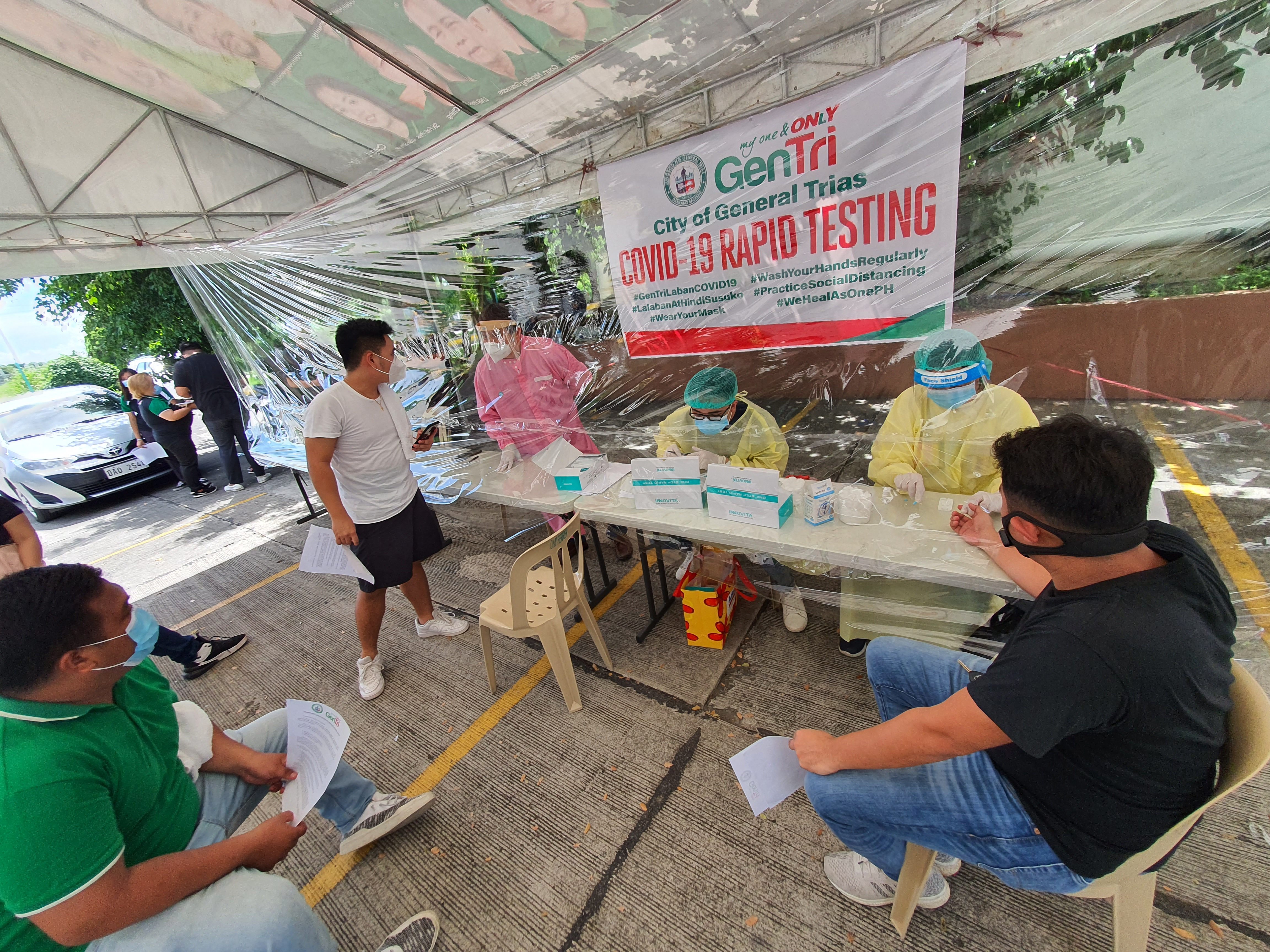
Malacañang still thinks rapid antibody tests should continue to be used in the government’s response to the pandemic even after the medical community warned that overreliance on these tests may have caused the spike in the Philippines’ COVID-19 cases.
“The PCR (reverse transcription-polymerase chain reaction or RT-PCR) tests are the gold standard, but we still have use for the rapid test kits,” said Presidential Spokesperson Harry Roque on Tuesday, August 4.
But medical societies, including the Philippine College of Physicians (PCP), had spoken of the dangers of rapid antibody tests.
In their letter to President Rodrigo Duterte and coronavirus task force officials, the PCP said rapid tests “miss more than half of people with active, contagious illness.” (READ: QUICK TAKE: Duterte government’s response to medical workers’ pleas)
They red-flagged the practice of some local governments of using these “inappropriate” tests to identify COVID-19 cases, sending home patients with symptoms just because they test negative in a rapid test.
Instead of addressing these observations and warnings, Roque insisted that the government knows the limitations of rapid tests and thus always requires people to take the RT-PCR test as well.
“The rapid test has a use. It isn’t used to tell who is sick. It is only used to detect who has antibodies, who has possibly gotten sick so that they can go back to work. Though we use it, it is always subject to PCR test,” said Roque in Filipino.
However, this is not the case in all settings. Most often, it’s only people who test positive in the rapid test that are then given the RT-PCR test. But as doctors pointed out, there is a big chance that a person who tested negative in the rapid test actually has the virus and is infectious.
Why not devote funds to RT-PCR tests?
Asked why the government cannot concentrate its testing funds on RT-PCR tests and not on rapid tests, Roque reiterated the supposed uses of rapid tests then said the only way the government can do purely RT-PCR testing is if “pooled testing” becomes the norm.
“Maybe if we can do pooled testing, we can confidently say that everything will be PCR testing,” he said.
Pooled testing is a component of the administration’s new testing strategy wherein a single RT-PCR test kit is used to process the results of 10 to 20 people.
Apart from making testing more affordable, it’s meant to hasten the process.
The Department of Health has started doing pilot testing for pooled testing, using a single test kit to process the results of 5 people.
Roque then downplayed the accuracy of RT-PCR tests, saying they too are prone to false negatives and false positives.
However, there’s a consensus among medical experts that RT-PCR tests, when done correctly, are nearly 100% accurate, whereas the accuracy rate of rapid antibody tests can go as low as 30%.
Even the detection of antibodies is no assurance that a person can safely go back to work as Roque stated. This is because doctors don’t know enough about COVID-19 to say antibodies confer immunity, how long this immunity lasts, and if it can protect against other strains of the SARS-CoV-2 virus.
Experts have said that rapid tests can be used merely as confirmatory tests rather than diagnostic tests, the opposite of what some local governments and even national government agencies are doing.
Despite Roque’s remarks, testing czar Vince Dizon has expressed openness to reviewing the task force’s policy on rapid tests.
The debate on rapid tests has long preoccupied task force officials and doctors. In meetings, some members of the task force had insisted on simply doing rapid tests twice in order to address inaccuracy issues, even likening the supposed fix to “double tap” where a person is shot twice to make sure he is dead.
Doctors in the meeting had advised against this. – Rappler.com
Add a comment
How does this make you feel?

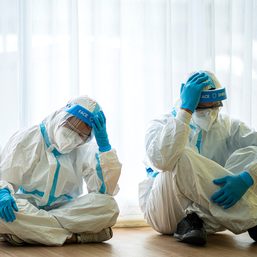


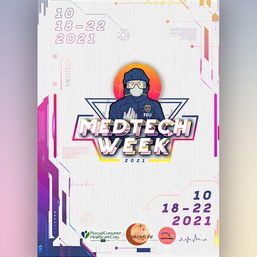
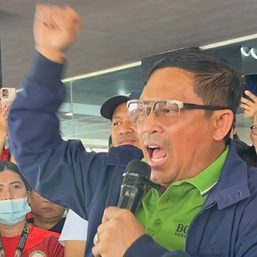
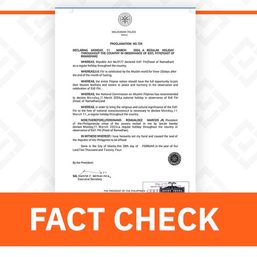
![[EDITORIAL] Dapat makinig si Marcos kay UN special rapporteur Irene Khan](https://www.rappler.com/tachyon/2024/02/animated-un-marcos-human-rights-elcac-carousel.jpg?resize=257%2C257&crop=327px%2C0px%2C720px%2C720px)


There are no comments yet. Add your comment to start the conversation.